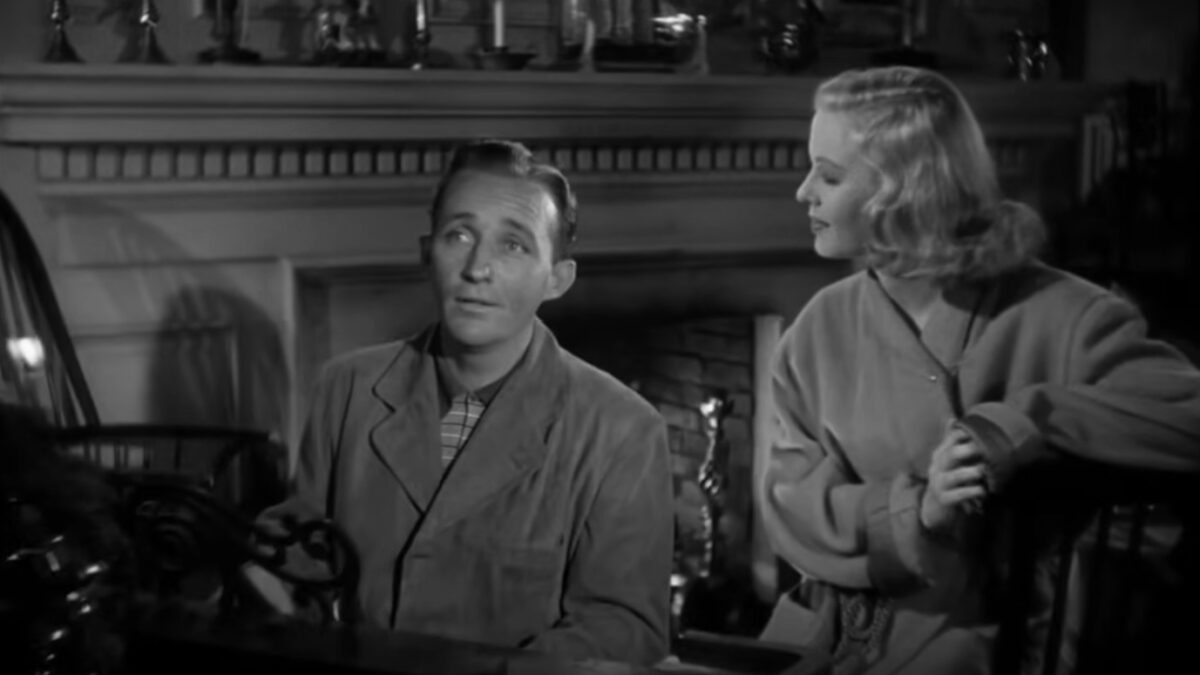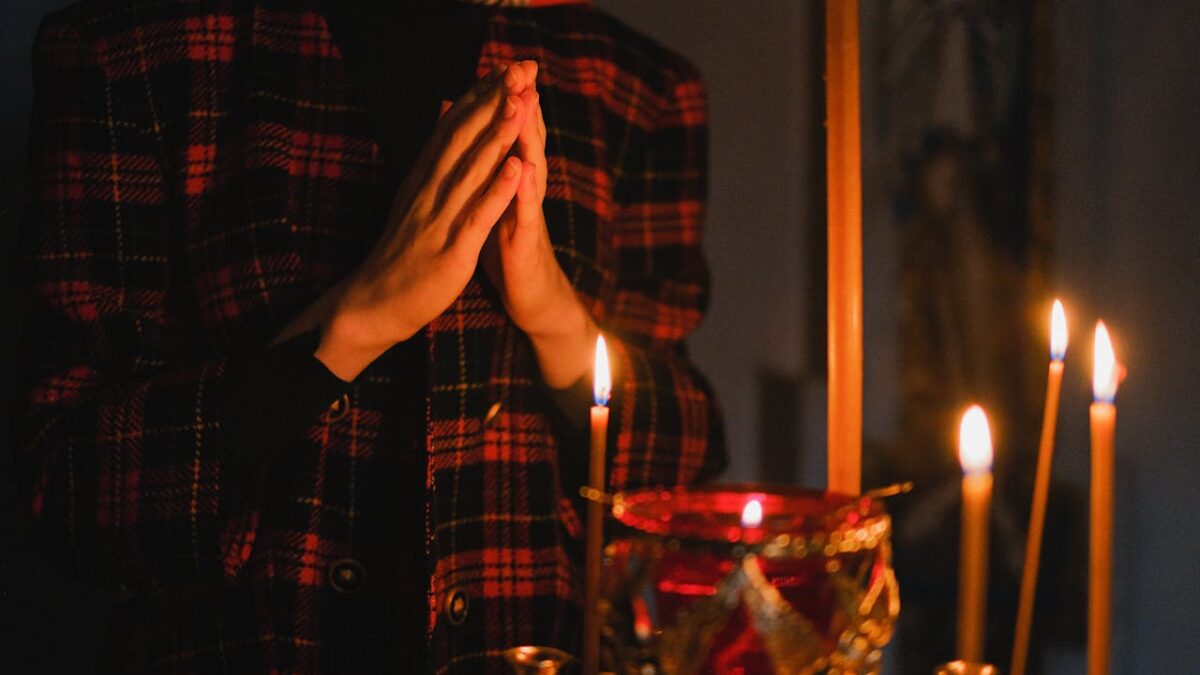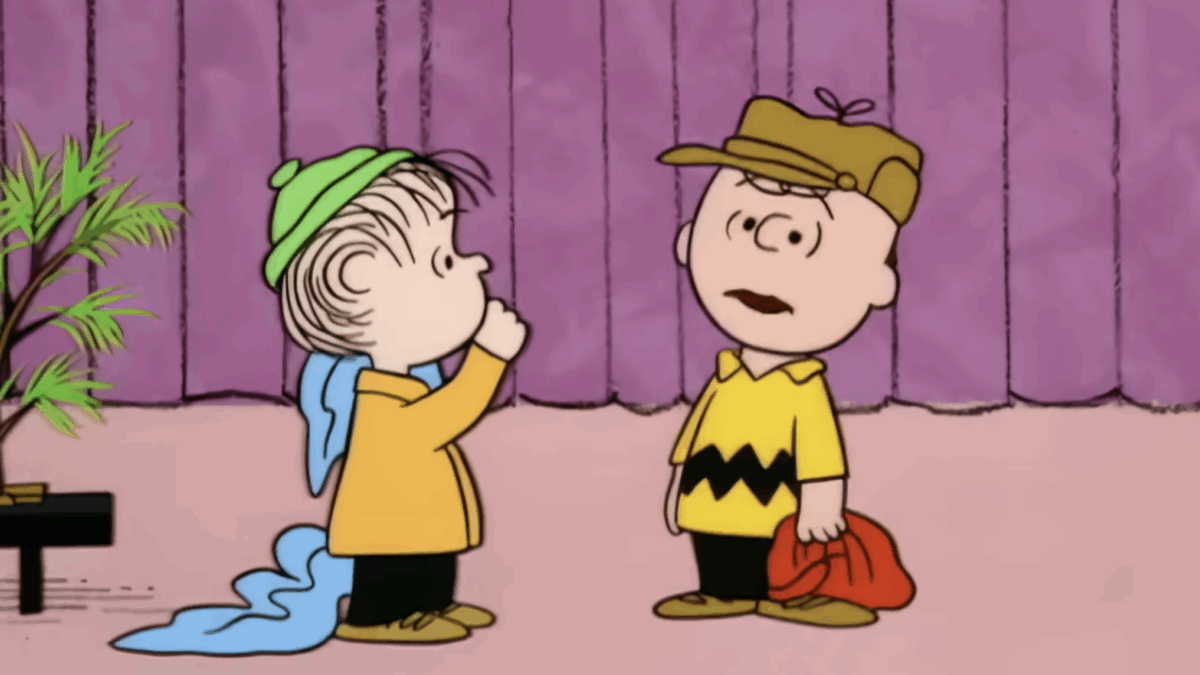
“You’re going to bed already?” I complained, as I prepared to read our three-year-old a bedtime story across the hall. It was my not-so-veiled solicitation for sex. I was nearing ovulation and in the mood. I knew Brad was rarely in the mood at night—unlike me, he’s a morning person—but I was hoping, by chance, he might be.
“Yeah, I’m tired,” he grumbled. “I have to work in the morning.” After I got my daughter to sleep in her own bed—a rare gem—I came back in to cuddle, to see if he was really asleep or just faking.
“Fine… come on over here, Beast,” he said endearingly and reluctantly. Half-asleep, he started doing his duty, but I could tell he wasn’t into it. He’d joked earlier in the evening, after one of my innuendos, that he might be in the mood if Kitty were around. Kitty (not her real name) is a friend of mine whom Brad’s been on a couple of dates with since we decided to open up our relationship about six months ago. At the moment, he’s wild about her. She’s new, different, everything I am not.
A few minutes into our ritual, I started laughing uncontrollably. This irritated Brad immensely. “I’m sorry, I can’t help it,” I said. “It’s just this is exactly like the video I watched about bonobos earlier, where the females push and kick the males until they agree to satisfy them.”
“Okay, I’m done,” he said, rolling over angrily and pulling the up the covers. I stormed off to the shower to cry.
“This is it! This is exactly why we need to be polyamorous,” I sobbed from behind the shower curtain, when Brad came in to make amends.
“Why?”
“Because you don’t want me, and I’m tired of it! I need to be desired! I need to be touched!”
“Shh, you’re going to wake Nora up,” he tried to calm me, as I worked myself into hysterics. He tried to coax me back into the bedroom to make it up to me, but it was too late. The mood had been killed, and it was neither one of our faults.
After going round and round in circles, Brad finally convinced me that he did, in fact, want to “make love” to me, even though I’d just thrown a tantrum more obnoxious than any two-year-old’s. He gave me what I needed, and we went to sleep.
Fanning the Flame
I’m sure there are a thousand sexologists ready to give us all kinds of kinky tips on how to reignite the passion in our relationship, but I’m just not interested. It’s humiliating. I shouldn’t have to dress up in black leather like Cat Woman to trick my man into wanting me. And he shouldn’t feel pressured to pretend he has a “burning desire” for me when he doesn’t.
The problem is, fires don’t burn indefinitely unless you keep adding more wood. They start with a spark, work their way up to a roar, then calm back down to a crackle. When the crackling gets too quiet, someone throws another log on, and the flames flare back up. The cycle repeats over and over again, as long as there are more logs, more fuel.
Our fuel is running out. Brad and I have tried all the tricks. We’ve fanned the flames. We need more logs—new energy, a fresh perspective. It doesn’t mean we don’t love each other, or that we are done with each other. It just means we need something new.
Enter polyamory. Polyamory means “many loves.” It is the practice of engaging in several emotionally and possibly sexually intimate relationships simultaneously, with the full knowledge and consent of everyone involved. It differs from polygamy, which means “many marriages”—usually “many wives.”
Brad and I are not legally married, nor do we ever plan to be, but there aren’t a lot of practical differences between us and a married couple. We’ve owned a home together, have a child together, and have every intention—although no promises—of staying together ‘til death do us part. We are hoping polyamory can help make that happen.
Four years into our relationship, we found ourselves in the typical rut of co-dependence, resentment, boredom, and fighting over the grocery bill. We’d had an unplanned baby, I’d quit my job to do attachment parenting full-time, and Brad was working long hours in a dungeon of a warehouse. I was stuck at home washing dishes, folding laundry and talking to a two-year-old, bored out of my mind. If we didn’t have anything to fight about, we’d find something, just to make life a little more interesting.
Breaking the Chains of Monogamy
I had freed myself from the grips of government, religion, and parents. The only chains left to throw off were those on my sexuality—particularly the chains of monogamy.
The first authority I came to see as illegitimate was government, shortly after discovering Ron Paul in 2008. I stumbled upon his campaign like a rabbit hole that led me to question all of society’s rules. Soon after, I started to question my religion—Christianity. How much of it had been made up, twisted, and contrived—in collusion with the government—to support the powers that be?
Along with the fear of God, I cast off any respect for parental authority I once had. Since the punitive, authoritarian man in the clouds was no longer real to me, who was to say children should obey their parents? I educated myself about peaceful parenting and became determined to treat my daughter as a free, autonomous person with inalienable rights, not as my property.
Gay Marriage Deepens Romantic Inequality
Government incentives for marriage—gay or straight—discriminate against single and polyamorous individuals. Part of the reason gay people are so exuberant about the Supreme Court’s legalization of same-sex marriage—aside from the symbolism of wider cultural acceptance—is the bribes government gives people for committing to a lifetime of coupled monogamy.
From income-tax breaks to estate planning benefits to Social Security and insurance benefits to the right to make medical decisions for one’s spouse, there are all kinds of carrots dangled in front of Americans as rewards for getting hitched. Instead of putting unmarried individuals on equal footing with married people, the government has chosen to appease the masses by blessing another category of monogamous couples with the privileges of marriage—those of the same sex.
This is discrimination, plain and simple. It discriminates against single people who have no formal romantic relationships and a growing number of people who identify as polyamorous, who maintain multiple romantic relationships at once. The government has no business incentivizing any type of romantic or non-romantic behavior. It has no business rewarding us or penalizing us based on our relationship status.
By granting gay couples the same “privileges” as straight couples, we are widening the gap of inequality between coupled and non-coupled individuals. The only way to have real equality in this country is to treat everyone as individuals with equal rights, not unequal privileges. Otherwise, we open the doors to social conservatives’ worst nightmare—polygamy! Not long after that, single people, vying for the same entitlements, will surely fulfill former Sen. Rick Santorum’s prophecy by requesting to marry their dogs!
So instead of legislating sexual morality, the government should stick to what it was designed to do best: protecting individual liberties.
What’s Really Romantic Is Autonomy
Growing up in the generation I did, the Biblical rule that wives obey their husbands was never emphasized in my home. So I never felt terribly oppressed by the dark ages of patriarchal authority. I did, however, choose to fall into the still pervasive trap of “man takes care of woman, so woman can raise baby,” which often turns into “woman being fully dependent on man, because baby is fully dependent on woman,” which often turns into resentment and servitude to one another—a real romance killer.
Then, one day, I came across an article about polyamory. One article led to another, and soon I was watching documentaries about polyamorous triads and quads. I became obsessed with the reality TV show “Polyamory: Married and Dating,” and ordered the book “Sex at Dawn: How We Mate, Why We Stray, and What it Means for Modern Relationships.”
“This is it!” I thought. I’d finally found what seemed like a desirable alternative to the wedded misery I saw all around me. Brad—although skeptical about my motives—was thrilled at the prospect of opening up our relationship. After much philosophical and emotional discussion, we decided to give polyamory a chance. Wanting a fresh start, we decided to move away from our old jobs and friends in Raleigh to Asheville, a progressive, “poly”-friendly town in the Appalachians.
Not Sure What to Expect
We’re both nervous and don’t know what to expect. I’ve pushed Brad to “go first” in dating and sexually exploring other women. He’s been on two dates so far, and we even arranged a crazy one-night stand to sort of break the ice and test our feelings. A couple of weeks ago, I decided to throw myself back into the game and am anxiously anticipating two prospective dates.
Finding compatible potential partners who are open to polyamory has been challenging and frustrating. We’ve taken turns being overcome by fear and insecurity, and have even considered abandoning the whole venture a few times along the way.
The important thing is that all members of the relationship are honest with themselves and each other about their needs and desires. Ideally, they can all help each other meet those needs or encourage each other to look outside the group to get them met.
There is no need for cheating, lying or sneaking around. No one owns anyone else. No one is responsible for anyone else’s emotions or meeting anyone else’s needs. There is no more co-dependence. There is interdependence, on a voluntary basis. Each member is an autonomous, free individual, who can come or go as she or he pleases. Our love is earned, not expected. Otherwise, we are not lovers—we are slaves.
We’re actually looking forward to the rest of our lives together now. When we were monogamous, our future seemed pretty mapped out: have a baby, get a better job, buy a house, get a promotion, buy a better car, start our own business, buy a better house, make more money, go on vacation, make more money, buy an even better house… grow old in it together.
Since we’ve discovered polyamory, we don’t care about new houses or new cars or vacations. What really makes us tick is the idea of falling in love, over and over and over again. Now, we have the best of both worlds: the security of a steady, stable partner, to have and to hold, and the sense of adventure and excitement at the thought of the unknown, the possibility of new romance around every corner, the butterflies in our stomachs we never thought we’d get the chance to feel again.
We’ve gotten a lot of warnings and admonitions from well-intentioned friends and family members that we’re going to destroy our relationship and hurt our daughter, but we feel exactly the opposite. For us, this is the perfect opportunity to save our relationship, spare our daughter from the heartbreak of a broken family, and give her the blessing of happy parents and extended family. Wish us luck!









